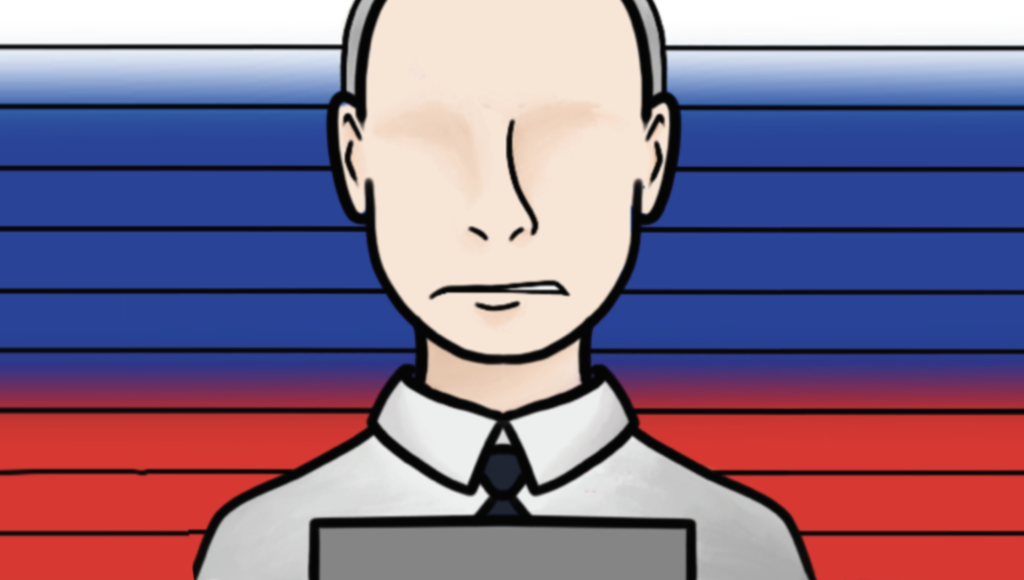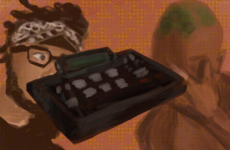
On March 17, the International Criminal Court (ICC) issued an arrest warrant for Russian President Vladimir Putin, alleging his role in the unlawful deportation of Ukrainian children to Russia. Unfortunately, the ICC has very little power in enforcing these arrest warrants as subsequent responses from the Kremlin and other governments worldwide delegitimize the ICC’s jurisdiction, rendering the gesture as merely symbolic.
The ICC was established in 2002 when member states accepted the four core international crimes of genocide, crimes against humanity, war crimes, and crimes of aggression presented in the Rome Statute. Because the ICC has no police force or enforcement body, it must rely on the cooperation of its 123 member states to complete its arrests.
Since Russia withdrew from the Rome Statute after the ICC classified the nation’s annexation of Crimea in 2016 as an occupation, it no longer recognizes the jurisdiction of the ICC and would almost certainly not surrender Putin.
There is little the ICC can do to interfere with an individual nation’s decisions, thereby reducing the severity of the arrest warrant. For instance, South Africa refused to enforce an ICC warrant for the arrest of former Sudanese president Omar al-Bashir in 2015. As such, many countries will likely decline to arrest Putin on the grounds that he is a serving head of state — casting the ICC’s warrant as an empty threat.
More concerningly, the ICC’s announcement is not only an ineffective course of action in stopping Putin’s atrocities, but also a cause for further international division. While nations such as Germany, Austria, Ireland, and Croatia have confirmed that they would arrest Putin if he entered their territories, others have not been as eager to oppose the Kremlin.
Other countries, like France and the United Kingdom, have expressed support for the ICC’s indictment but demonstrated an apparent lack of commitment. With Moscow threatening war on those who agree to fulfill their obligation to the Court, many countries are hesitant to engage with the possibility of military retaliation, especially against Russia’s sizable army. Thus, instead of contributing to ongoing efforts to isolate the Kremlin, the ICC’s warrant has simply exposed many countries’ reservations in vocalizing their dissent against Russia.
In fact, Moscow’s actions following the arrest warrants further exemplify how Russia belittles the ICC’s judgment. Just one day after the ICC’s announcement, Putin made a surprise visit to Crimea to celebrate the ninth anniversary of Russia’s illegal annexation of the region. Even though his original plans were to participate virtually, images of him walking freely are a clear indication of his defiance towards the ICC.
On the same note, Russian politicians came forward to explicitly criticize the ICC. Kremlin spokesperson Dmitry Peskov immediately fired back at the ICC, calling even the consideration of a warrant “outrageous and unacceptable.” In addition, Former Russian president Dmitry Medvedev even went so far as to threaten the Court, saying, “It’s quite possible to imagine a hypersonic missile being fired from the North Sea from a Russian ship at The Hague courthouse.” He also made sure to mention Russia’s considerable nuclear arsenal.
Each of these actions has simply shown that Putin’s government will not change its behavior due to the arrest warrant. If anything, the intentional defiance and continued intimidation tactics used by the Kremlin only serve to delegitimize the ICC’s jurisdiction and remind the world of Russia’s apparent impunity.
While there is no doubt that the citizens of Ukraine have suffered immensely as a result of Russia’s unchecked aggression, the ICC’s arrest warrant has achieved nothing other than highlighting the Court’s inability to execute justice, forcing other countries to signal indirect support for the Kremlin, and providing Russia with an opportunity to show off its contempt for international judgment.
This decision also brings more attention and scrutiny to the ICC’s criteria for an arrest. There is ample reason to indict Putin if he has committed war crimes, but one must ask, why has this same standard not been imparted to the U.S.-led West for similar crimes committed in Iraq, Afghanistan, Libya, or Syria?
For an organization that prides itself on “participating in the global fight to end impunity” and “hold[ing] those responsible accountable for their crimes,” the ICC seems to be capable neither of executing these goals nor upholding the standard of impartial justice. If the international community wants to see an end to Putin’s actions in Ukraine, it will take much more than a “symbolic gesture” from a questionable establishment.




